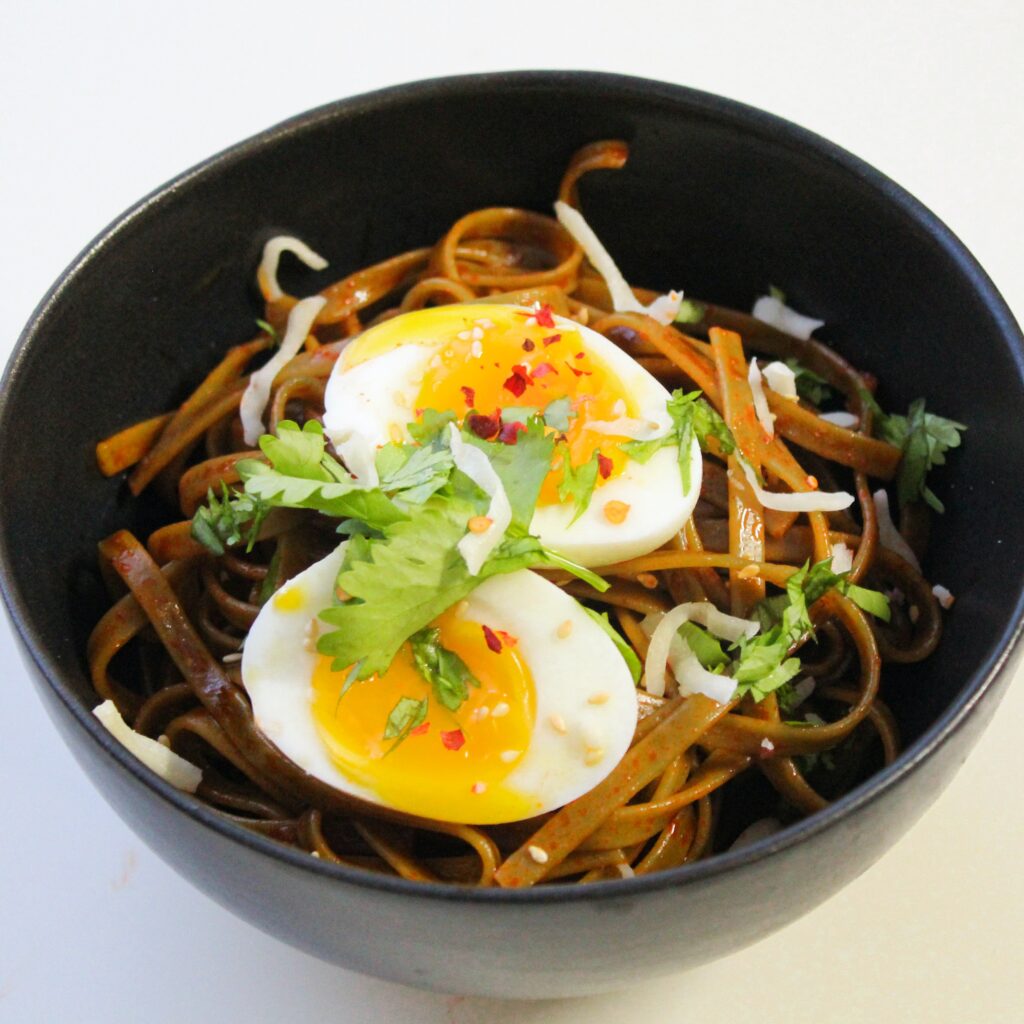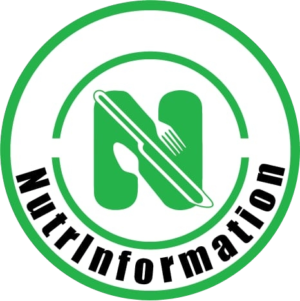Eggs: Nutrition Beyond the painted Easter eggs
Our friends’ children send us Easter eggs! The eggs are so beautiful. And the thought heartwarming. But I cannot help but think about the nutrition of the eggs. Before me is mayai boiro as we fondly call boiled eggs in Kenya. The only thing missing is the Kenyan salad, Kachumbari.
Protein in Eggs
Eggs are a very nutritious food. It is also high in quality protein, about 6.5 grams per egg. The special thing about egg protein is that it is complete. This means that eggs have all the 9 essential amino acids. Our bodies cannot make these amino acids. We must get them from food. Therefore, by eating eggs our bodies get all the amino acids it needs. In addition, egg proteins are easily digested by our bodies. This increases the benefits we get from eating eggs.
Health benefits of eggs
Eggs are also rich in other nutrients like Lutein and Zeaxanthin. These nutrients protect our eyes from age-related eye diseases. Egg yolk is a good source of choline. The body needs choline for brain development in unborn and newborn babies. It is also important for the normal functioning of the liver and muscles. During pregnancy, the body needs large amounts of choline. It is therefore important for pregnant women to include eggs in their diet.
Eating eggs raw or cooked?
People consume raw eggs for different reasons. Some believe that raw egg is more nutritious than cooked eggs. However, that is not the case. When thinking of food, it not about the number of nutrients in the raw food vs cooked food. But the ability of your body to use the nutrients. Although raw eggs have more nutrients than cooked eggs. Your body can only absorb 50% of the proteins in raw eggs. But when the eggs are cooked, it can absorb up to 91% of the proteins. Cooking also makes the proteins more digestible.

Cooking also makes vitamin B7 (Biotin) more available. Raw eggs contain a protein called avidin that binds to biotin. This makes biotin unavailable to the body. However, cooking breaks the avidin and releases biotin. Therefore your body is able to absorb biotin.
Drinking raw eggs also increases your risk of getting salmonella food poisoning. It is therefore safer to cook your eggs before eating.
Cholesterol and risk for heart disease
Eggs are also high in cholesterol. One eggs contains about 186 mg per egg. The maximum amount of cholesterol you should eat in one day is 300 mg. Therefore eating two eggs in a day already exceeds the recommended limit. It is because of the high cholesterol level that eggs have been labelled ‘dangerous’.
Before, eating a lot of eggs was thought to increase blood cholesterol. Thus it was advised that one should not eat more than seven eggs per week. However, research now shows that the biggest influence on blood cholesterol is not from just eating cholesterol. But the mixture of fats and carbohydrates in our diet. Since our body can regulate cholesterol balance.
Eating a diet that is high in saturated fatty acids and trans-fatty acids raises blood cholesterol. These fats increase the bad cholesterol-HDL levels in the blood. As a result, this increases the risk of heart diseases, stroke, or even death.
Although eggs are high in cholesterol they contain only 1.56 g of saturated fatty acids. 100 grams of beef on the other hand contains 29.4 grams. Therefore, consuming eggs alone is not a problem. However, consuming eggs and a lot of red meat increases your risk of having high blood cholesterol. It is therefore advisable to eat both eggs and red meat in moderation.
If you are still wondering what I decided about the Easter eggs…. Well, I choose to admire their beauty!
Remember, the reason for Easter is greater than Easter eggs.
HAPPY EASTER!

